Keywords: Un Security Council
-
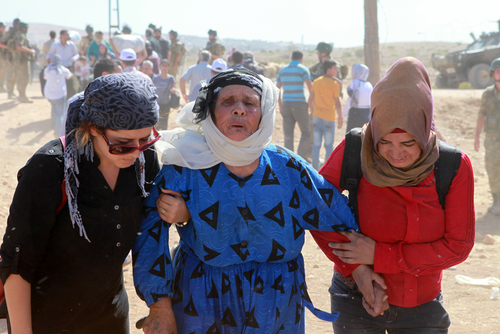
INTERNATIONAL
- Justin Glyn
- 28 October 2014
2 Comments
Syria and Ukraine are just the latest in the roll of civil wars where ossified Cold War rivalries exacerbate conflicts and prevent the forging of a just peace which is in all parties’ interests. Current insurgencies grew out of disenfranchisement. But the relevant powers have declined to involve United Nations to act as independent broker, knowing that each party has the support of a permanent member of the Security Council, whose veto will hamstring any proposed action by the others.
READ MORE 
-

AUSTRALIA
- Frank Brennan
- 22 September 2014
5 Comments
Considering my indebtedness to the two Aborigines who met [my family's ship arriving in Hervey Bay from Ireland] 151 years ago, I owe it to all my fellow Australians to agitate these issues of law, morality and politics here in Ireland so that back in Australia, the homeland which, in my religious tradition, was known as the Great South Land of the Holy Spirit.
READ MORE
-
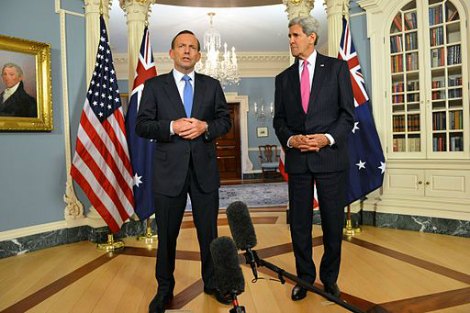
INTERNATIONAL
- Tony Kevin
- 12 September 2014
11 Comments
Since Richard Casey was External Affairs Minister in the 1950s, the three pillars of Australian foreign policy have been: a genuine reaching out to our Asian neighbours, adherence to UN-based multilateral values and institutions, and a firm but self-respecting defence partnership with the United States. All those pillars look pretty shaken now.
READ MORE 
-
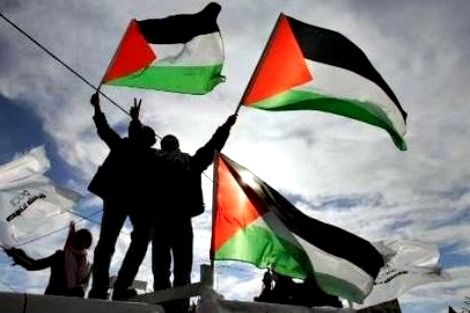
INTERNATIONAL
- Raff Piccolo
- 06 August 2014
16 Comments
There are messages of support for Palestinians suffering in Gaza. But for every 'condemnation' that is directed at Israel by the President of the United States, the same speech always refers to the 'inherent right of Israel to defend itself'. However well intentioned, the sentiments are being used by Israel to justify all its actions in Gaza.
READ MORE 
-
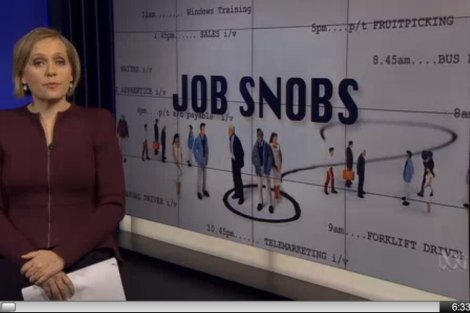
AUSTRALIA
- Catherine Magree
- 29 July 2014
22 Comments
Imagine how the quality of the debate would improve if those who blamed the victims of poverty and illness for their plight were publicly labelled welfare sceptics or denialists, and forced to back up their claims. Social research academics would be thrust into the spotlight. If this issue received the scrutiny it deserves in the media there would be a sea change in attitudes to poverty, unemployment and income support over time.
READ MORE 
-

RELIGION
- Frank Brennan
- 23 July 2014
1 Comment
'Rohan provides a detailed and accurate analysis and history of the word games that have gone on between the Vatican and the Latin American bishops and theologians wrestling with the concept of the preferential option for the poor.' Frank Brennan launches The Preferential Option for the Poor: A Short History and a Reading Based on the Thought of Bernard Lonergan, by Rohan Michael Curnow.
READ MORE
-
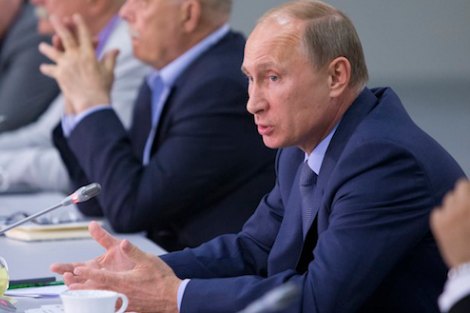
INTERNATIONAL
Initially I was uneasy about Abbott's strong anti-Putin rhetoric. Why was Australia so upfront, so early? I thought he was jumping to conclusions too soon. It is clear now though that his response was based on the same satellite imagery intelligence that John Kerry and Hilary Clinton cite as evidence that it was a Russian missile fired from Russian-supported insurgent territory. He was right, and Bill Shorten is correct to support him.
READ MORE 
-
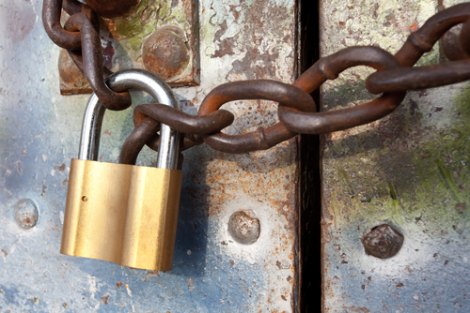
AUSTRALIA
The Government's McClure interim welfare report is predicated on the big lie that welfare is the problem and the market is the solution. The long wait of the excluded for some of the wealth and resources, for some of the hope to trickle down, is one of the most audacious con jobs in modern history. It is not misfortune. It is not a mistake. It is not the fault of the excluded. It is an attack against ordinary people who are made to bear the burden of inequality.
READ MORE 
-
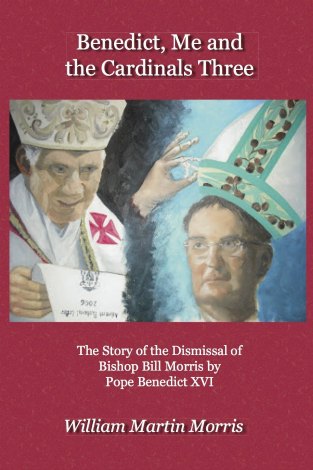
RELIGION
- Frank Brennan
- 24 June 2014
53 Comments
'My one new insight from reading Bill's book is that he was sacked because he was too much a team player with his local church ... the Romans hoped to shatter the morale and direction of those who had planned the pastoral strategies of a country diocese stretched to the limits as a Eucharistic community soon to be deprived of priests in the Roman mould.' Frank Brennan launches Benedict, Me and the Cardinals Three by Bishop William Morris.
READ MORE
-

AUSTRALIA
- Frank Brennan
- 11 April 2014
8 Comments
'We should abandon talk of taking Australia off the table. We should also abandon talk of taking the sugar off the table. The collateral damage of that is too great. The best we can do ethically and practically is to put the sugar out of reach while leaving it on the table for those who make it here with a visa or in direct flight from persecution.' Frank Brennan contributes to a Palm Sunday panel at St Michael's Uniting Church, Melbourne.
READ MORE
-

INTERNATIONAL
- Walter Hamilton
- 09 April 2014
3 Comments
The two powers in Asia on whom our economy and security depend, Japan and China, have reached an impasse. That should not constrain Australia from reaching out to both on the basis of mutual interest and shared values. China has a keen appreciation of the former and an abiding suspicion of appeals to the latter. Distinguishing one from the other and acting accordingly is the first great test of Abbott's statecraft.
READ MORE 
-

INTERNATIONAL
- Justin Glyn
- 21 March 2014
6 Comments
While pro-Russian and pro-Western media have been spinning the Crimea crisis as either a heroic exercise in righting a past wrong or a land grab by a new Hitler, the legal position is far from straightforward, and there is more than enough hypocrisy to go around. The Crimean issue is perhaps best analysed not through the prism of international law but rather that of age-old great power politics.
READ MORE 